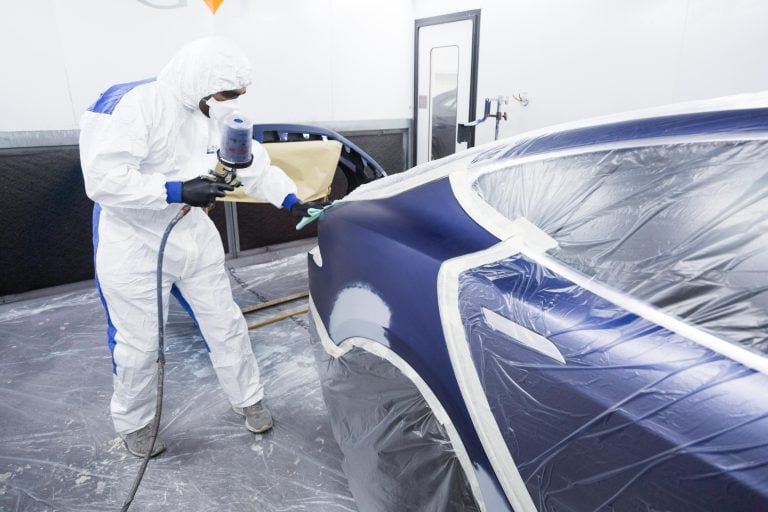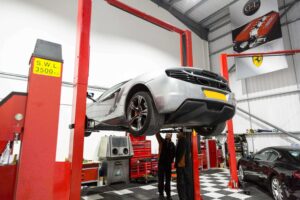- Showroom Case Studies
How Brexit Has Changed Car Exporting from the UK? | GVE London – Blog
Explore how Brexit reshaped UK-EU luxury car exports, introducing new trade rules, costs, and delays, while opening global market opportunities for businesses.
It was a monumental decision for the United Kingdom to leave the European Union after 47 years, having been a part of it since 1973, and remaining a member until 31 January 2020, when it formally exited the EU. This decision is referred to as Brexit. The decision was made following a nationwide referendum where 51.9% of voters chose to leave the EU. A lot has been impacted due to Brexit; however, our focus for today is primarily on how it impacted Luxury Car Exports and vehicle exporting in general.
How Brexit Complicated Import & Export
When the UK was part of the EU, exporting cars from the UK was an unhindered, smooth process, largely thanks to an integrated supply chain. However, when the British decided to exit the EU, this complicated matters.
Previously, the UK and EU were part of a single trading bloc, thanks to the Single Market and Customs Union, leading to exports and imports without tariffs, customs checks, or regulatory barriers, making the process cheaper. Think of it this way: before Brexit, trade between the EU and the UK was almost comparable to trade within a single country.
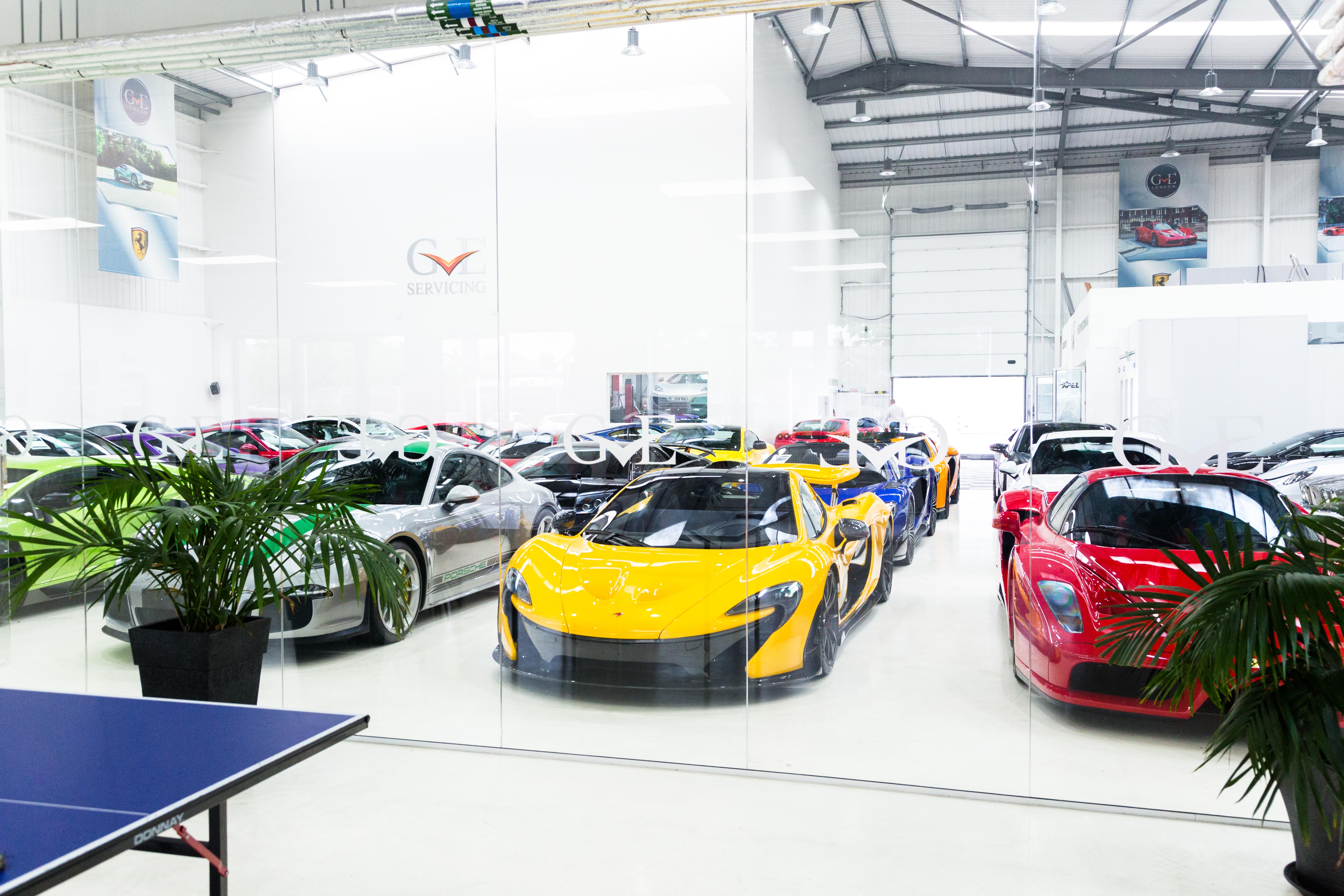
New Trade Rules for Car Exporting
Since Brexit, new barriers have emerged for trade between the UK and the EU. Exporting cars from the UK to the EU now requires additional paperwork, including export declarations, proof of origin, and customs declarations. Tariffs are also levied on trade.
That said, many developments have been made, and cars manufactured primarily in the UK can qualify for zero tariffs and quotas under the UK-EU Trade and Cooperation Agreement. This is great news for both buyers and business owners running trade showrooms.
Delays and Costs
To put it as simply as possible, things cost more and take longer now. Both logistics and administrative work take longer. Companies have to procure additional permits and bear extra costs on vehicles that don’t meet the strict compliance requirements, which increases admin work time. Customs checks at the border delay things further. If you run a supercar showroom like GVE London, this racks up the cost of a vehicle and causes delays, both of which lead to annoying but manageable problems.
Looking at the Bright Side
We don’t want to paint a grim picture here. While trade between the UK and EU fell during the initial days, it has since recovered and is now quite healthy. Let’s take a look at some of the benefits the UK economy has experienced post-Brexit:

Increased Opportunities
One of the primary reasons the British government and people wanted to exit the European Union was to have autonomy over their economy, along with other factors such as regaining control over laws, borders, and immigration policies. The UK wanted sovereignty to make its own decisions, strike its own trade deals, and allocate funds as they saw fit.
This almost entrepreneurial-esque mentality has opened up a whole bag of opportunities for the UK. Since Brexit, the UK has, alongside the EU, also prioritised exports to non-EU countries, dealing with developing nations with higher disposable incomes, like India and China.
Read Also: Common Mistakes to Avoid When Exporting a Car from the UK
Conclusion
Brexit officially happened on 31 January 2020, and as of December 2024, it has been about 5 years. Things have largely settled down, with trade between the EU and UK almost back to normal. That being said, the UK has expanded its reach, with businesses starting to create products for foreign markets, and global markets now actively considered. For a supercar showroom, this has greatly increased the clientele. If you’re looking for luxury car exports, look no further than GVE London. We deal with high-end cars, both performance and luxury, and also offer in-house services, repairs, modifications, and detailing. To know more, contact us today!
Frequently Asked Questions
If a car meets the standard established under the UK-EU Trade and Cooperation Agreement, no tariff is imposed on it.
Since Brexit, the UK has been able to expand and establish its own trade with other nations across the globe.
Yes, at least between Europe and the UK, the trade, due to more paperwork and logistical complications, takes longer. However, this has largely settled now and trade is quite smooth now.
Contact Us
"*" indicates required fields
OUR SERVICES
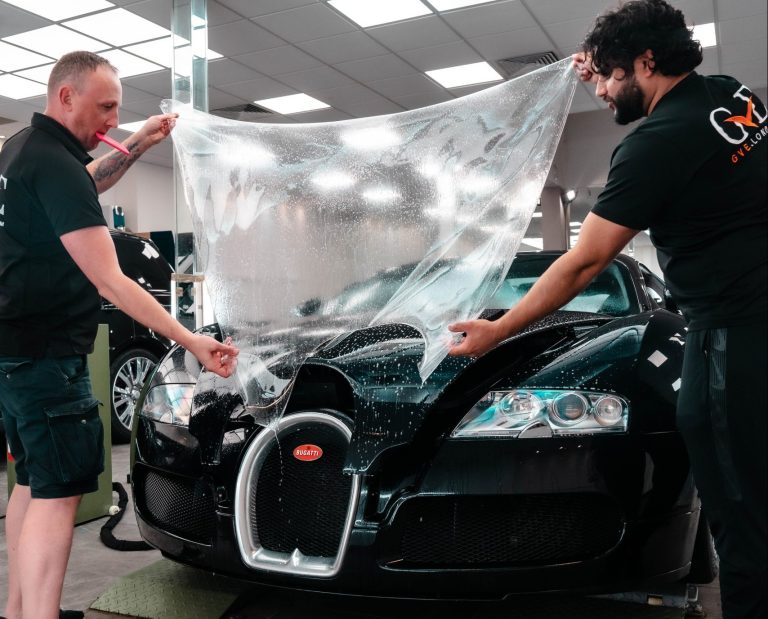
PAINT PROTECTION FILM
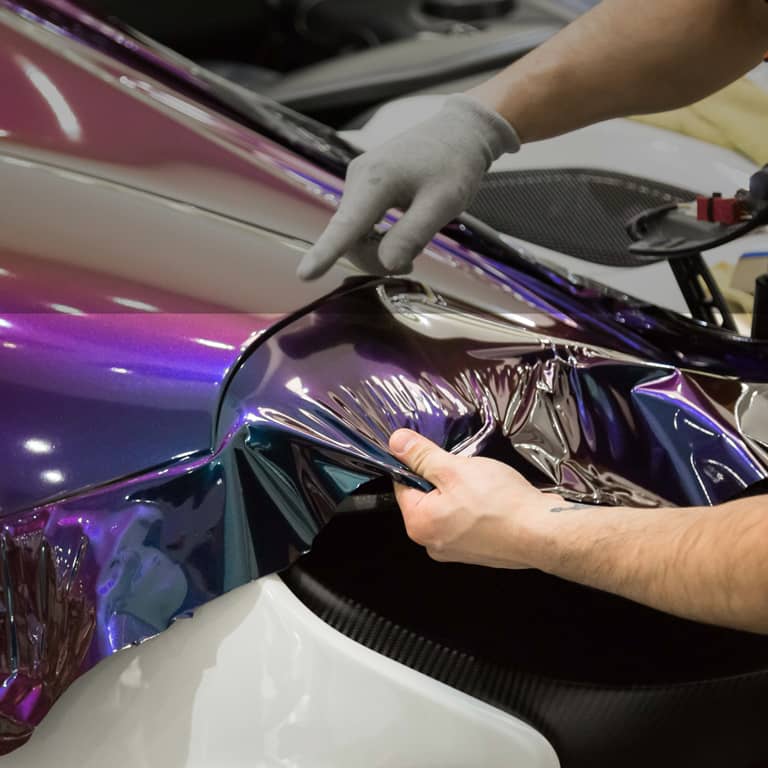
WRAPPING
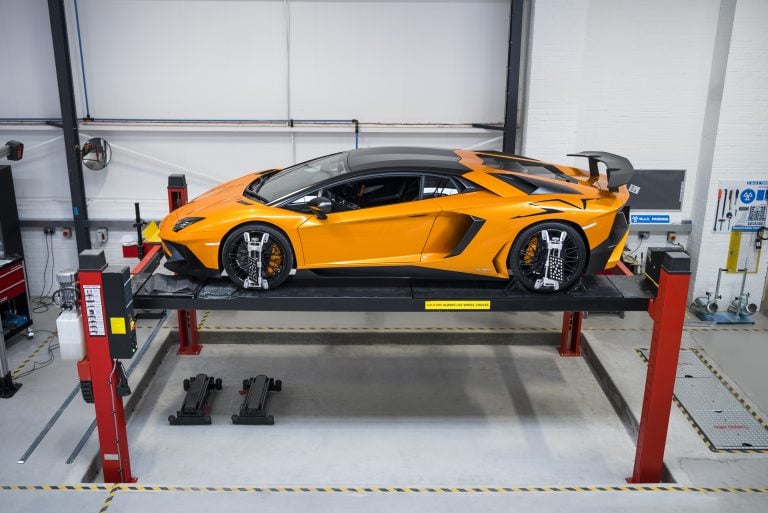
SERVICING
